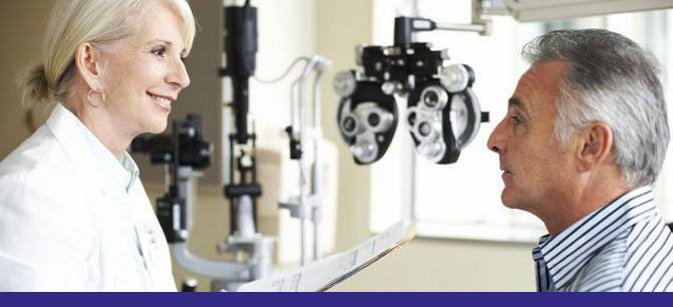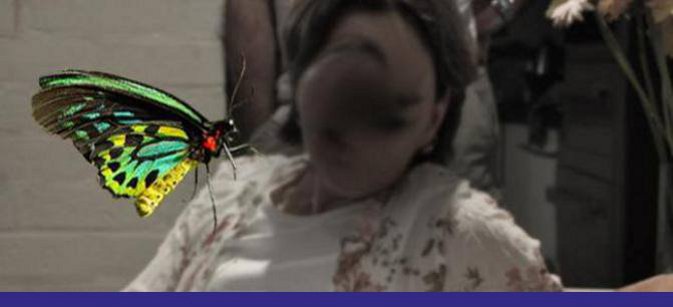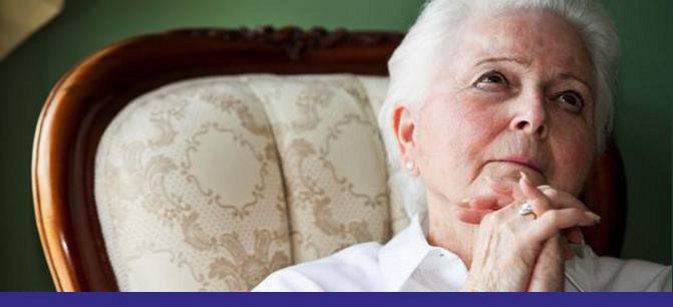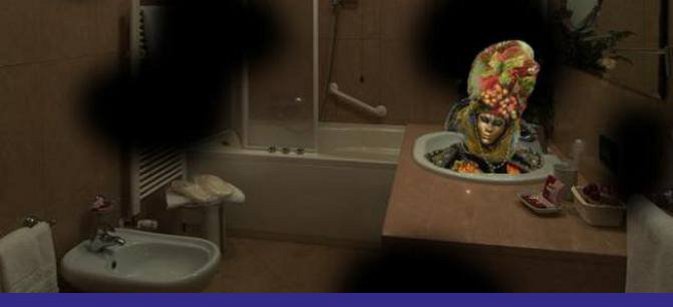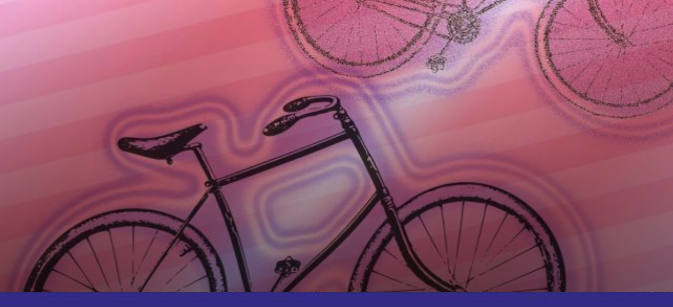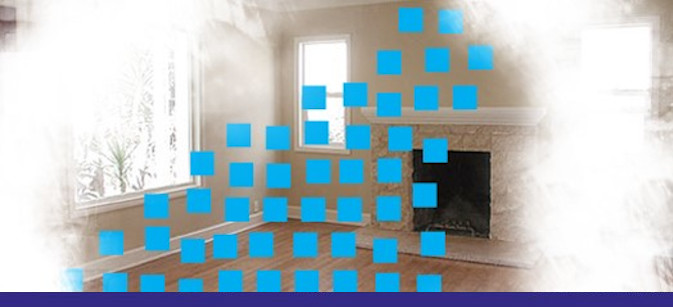Medical treatments for CBS: the current state of play
Often when people look online for information about CBS - particularly possible treatments - they will come across comments that there is no treatment let alone a cure. At a general practitioner or specialist consultation, some patients are told, "there's nothing we can do for you". To read this online or to hear directly from a medical practitioner can be really deflating. However, these views are somewhat misleading because occasionally medical interventions are indeed effective.

[Image courtesy of Towfiqu Barbhuiya]
The Foundation wishes to outline the actual state of affairs when it comes to medically treating CBS:
- The primary medical way of treating CBS is undertaking any viable procedure to improve a person's vision. An example would be cataract surgery. There are certainly case reports of a person's CBS completely disappearing upon vision improvement. Even so, two cautionary points need to be made. First, even when a medical procedure has led to the improvement of a patient's vision, there is no guarantee that it will resolve CBS. We don't know the percentages of people whose CBS has resolved after improvement of vision as no research has been conducted into this particular matter. Second, some eye conditions currently have no medical interventions available to the patient to improve vision.
- The second option is prescribed medication. There are five principal categories that these medications fall under: anticonvulsants (anti-seizure), antipsychotics, antidepressants, benzodiazapines ('sedatives') and acetylcholinesterase inhibitors (designed to block the break down of the chemical neurotransmitter, acetylcholine). All of these 5 categories have encountered some success with treating CBS and this has been reported in various medical journals. The problem is that no prescribed medication - from any of these 5 categories - is effective for the majority of patients. This means that a prescribed medication sometimes leads to complete resolution of CBS but the emphasis sadly is on 'sometimes' so the success rate of any of these medications is modest at best.
- Whether any of the above categories of drugs could be appropriately prescribed for an individual's unique circumstances would require the careful consideration of a medical practitioner. If you or a loved one is considering going down this path, it's useful to ask about possible side effects from such medications so one can make an informed decision.
- Aside from prescribed medications, there is a non-invasive medical procedure known as repetitive transcranial magnetic stimulation (rTMS). This relatively safe procedure introduces magnetic pulses to a specific region of the brain in order to adjust brain activity. rTMS is already widely used for treating depression, stroke rehabilitation and pain management. In Australia at least, for these conditions, the rTMS procedure is typically covered by the health care system (Medicare) but its usage for CBS is not presently covered. Consequently, this option may well mean out-of-pocket expenses and the costs could be quite steep. Preliminary exploration of rTMS for CBS patients has occurred over the past two decades and shows some promising signs. However, barriers still remain in terms of formal recognition, accessibility and affordability. In terms of countries outside Australia, whether rTMS is (partially or fully) subsidised by the government or one's health insurance premium would need to be clarified.
- The above explores medical treatments currently available for CBS. There are non-medical options which can be explored too. Click here for more details.


